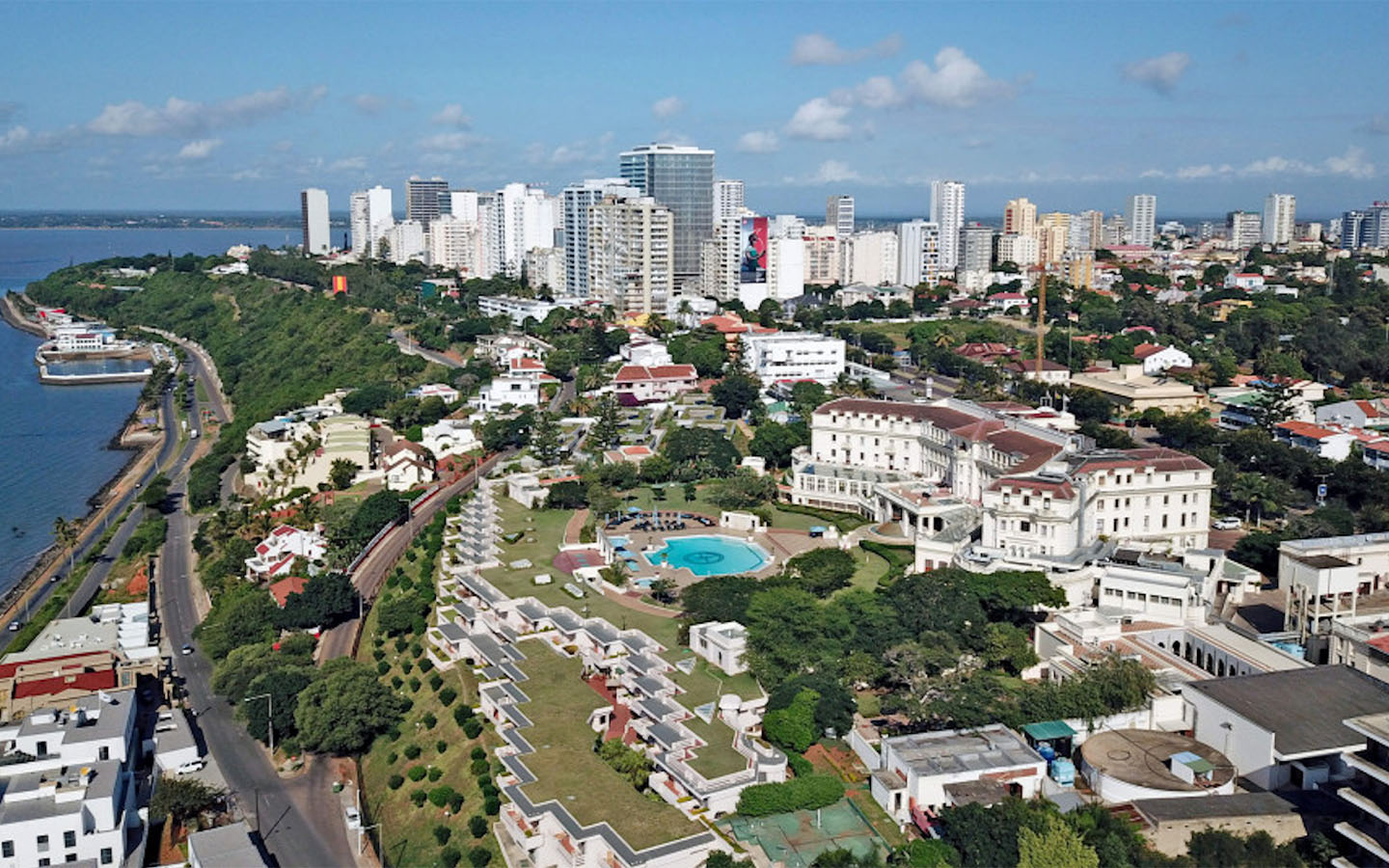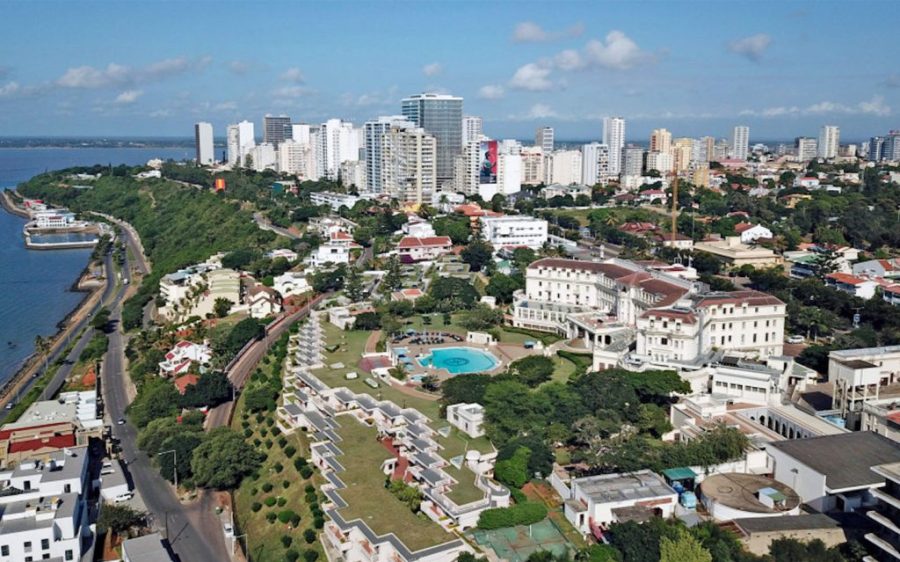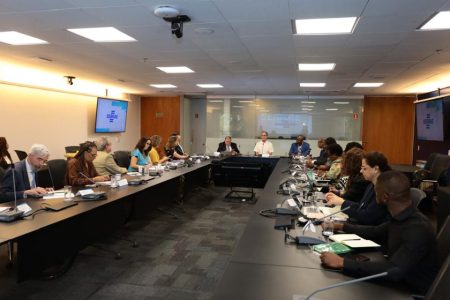Police in Mozambique have recorded at least 185 kidnappings since 2011, local media outlets have reported – with Club of Mozambique citing figures from an official report dating from March this year. Around 150 of the victims were businesspeople and many reportedly hailed from Asia.
The Mozambican Confederation of Business Associations (CTA) head of security, Pedro Baltazar, said he repeatedly called on the government to “put an end to this evil”. At a recent press conference, he described the dangerous phenomenon as unacceptably costly and a reason that many businesspeople left the southern African nation.
“The phenomenon of kidnappings leaves behind it a trail of unemployed people,” he said. “With each kidnapping, each time a businessman leaves Mozambique, he leaves [unemployed] workers behind.”
[See more: Illegal timber trade with China funds terrorism in Mozambique, NGO says]
Club of Mozambique also cited report from the Mozambican Financial Intelligence Office (known by its Portuguese initials GIFiM) that found kidnappings were often accompanied by “ransom demand, extortion, private imprisonment, illegal possession of weapons, moral coercion, physical coercion, assassinations, association to commit crime/criminal offences, tax offences, illicit export of capital, fraud, forgery of documents, and financing of terrorism”.
GIFiM’s report warned of a “kidnapping industry” that had generated over US$33 million for criminals since 2014. It noted evidence that implied members of the Mozambican defence and security forces, as well as local magistrates, were involved in the racket.
Baltazar has said that Mozambique’s business community “will not wait for miracles to occur.” At the press conference, he called for concrete action from the government – including heightened surveillance of high-risk cities like Maputo and Matola.
Baltazar said the government needed to make a “serious investment in the defence and security forces” and establish a specialist anti-kidnapping brigade within the police force. “[We] continue to insist that it is extremely important that this brigade enters into operation,” he said.






